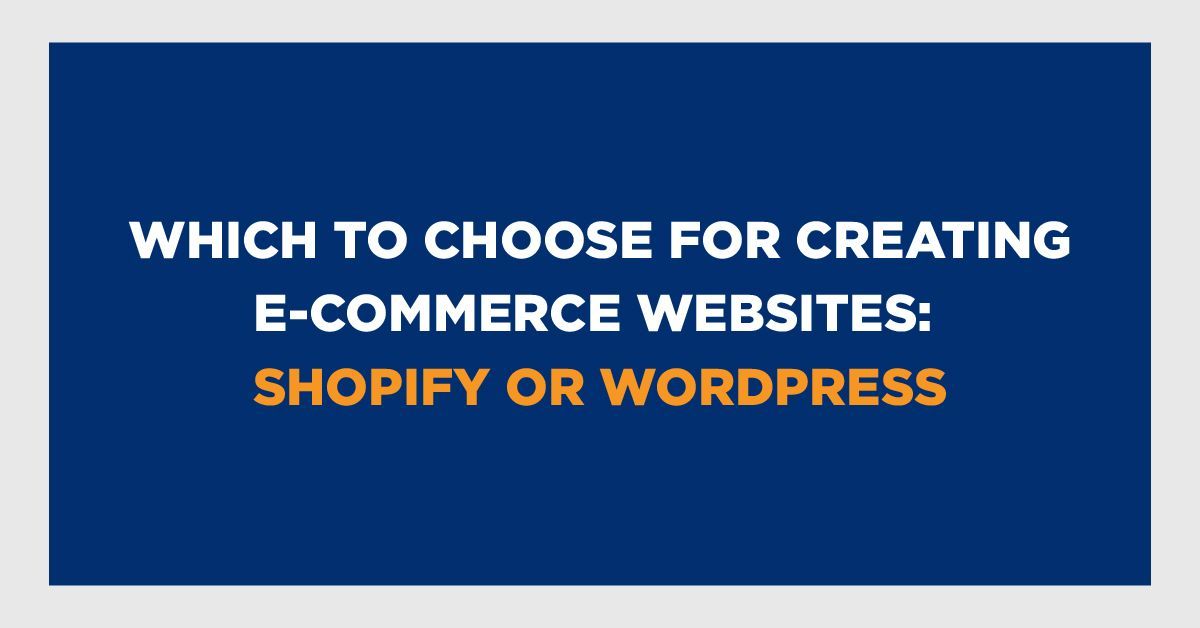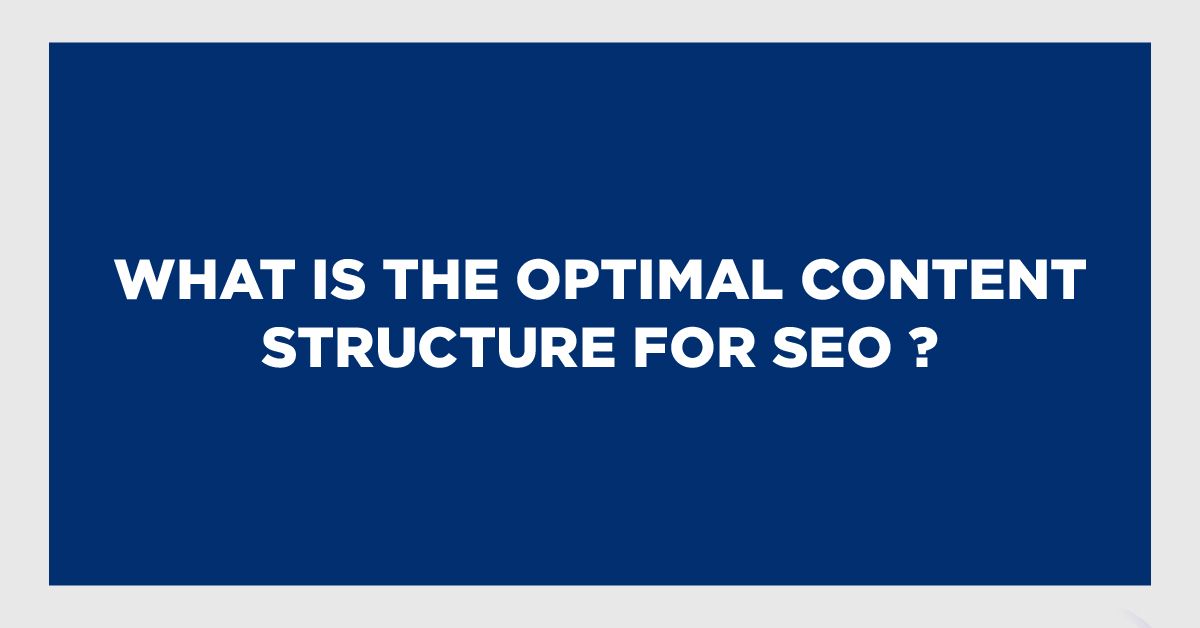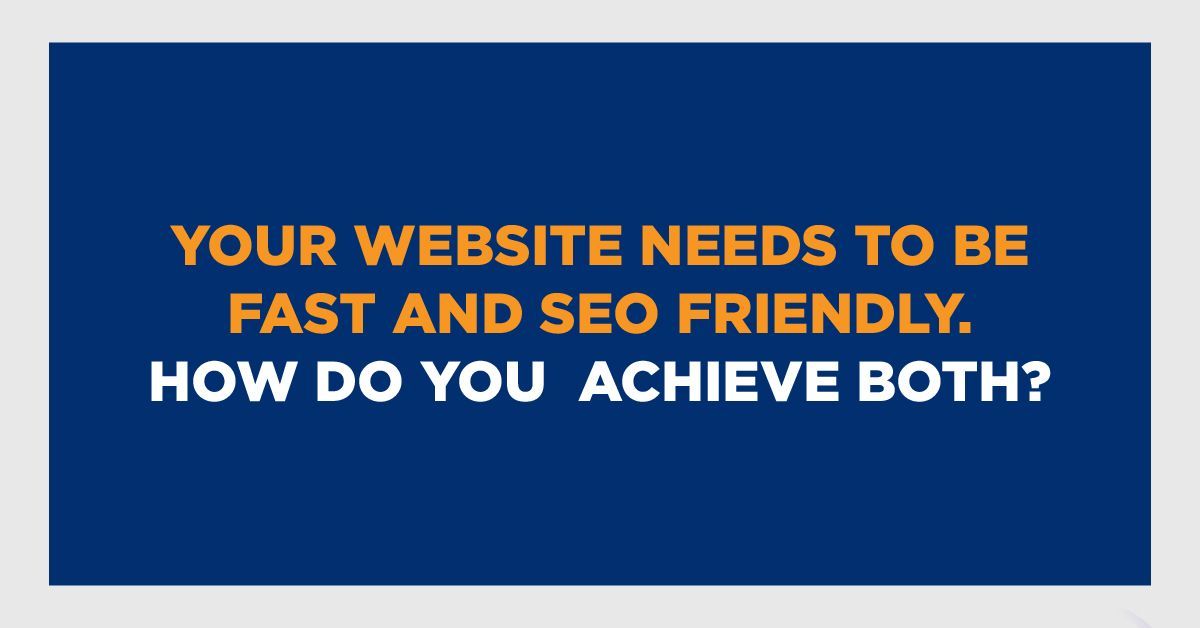Which to Choose for Creating E-Commerce Websites: Shopify or WordPress
August 22, 2024

Which to Choose for Creating E-Commerce Websites: Shopify or WordPress
When deciding between
Shopify
and
WordPress
for creating an e-commerce website, your choice depends on several factors, including your technical expertise, budget, customization needs, and long-term goals. Here's a breakdown to help you decide:
1. Ease of Use
- Shopify :
- Designed specifically for e-commerce, Shopify is user-friendly and allows you to set up an online store quickly. It requires minimal technical skills, with drag-and-drop tools and a range of templates.
- Hosting, security, and updates are handled by Shopify, making it a more hands-off solution.
- WordPress (with WooCommerce) :
- WordPress itself is a content management system (CMS), and you'll need to install the WooCommerce plugin to add e-commerce functionality.
- WordPress is more complex and has a steeper learning curve but offers greater flexibility and control.
- You'll need to manage hosting, security, and updates yourself, or use a managed WordPress hosting service.
2. Customization and Flexibility
- Shopify :
- While Shopify offers many themes and apps, customization is somewhat limited compared to WordPress.
- Custom features or significant changes may require hiring a Shopify expert, as the platform uses its own coding language (Liquid).
- WordPress :
- Extremely customizable, especially with the vast array of plugins and themes available.
- You can modify every aspect of your site if you have coding skills or can hire a developer.
- Ideal for unique or complex websites that require specific features beyond basic e-commerce.
3. Cost
- Shopify :
- Pricing starts at $39/month for the Basic plan, with additional costs for premium themes, apps, and transaction fees if not using Shopify Payments.
- All-in-one pricing includes hosting, security, and support.
- WordPress :
- WordPress itself is free, but you'll need to pay for hosting, a domain, themes, and any premium plugins or services.
- Costs can be more variable depending on your needs, but it can be more affordable if you choose budget-friendly options.
- No transaction fees beyond those charged by your payment processor.
4. SEO and Content Marketing
- Shopify :
- Decent SEO capabilities out of the box, but not as robust as WordPress.
- Suitable for basic blogging, but not as flexible for complex content marketing strategies.
- WordPress :
- Known for its powerful SEO capabilities, especially with plugins like Yoast SEO.
- Ideal for content-rich websites and blogs, offering better control over on-page SEO elements.
5. Scalability
- Shopify :
- Easily scalable with plans that cater to small businesses up to large enterprises.
- Ideal for businesses looking for a hassle-free, scalable solution without worrying about technical details.
- WordPress :
- Highly scalable, but requires more effort as you grow (e.g., handling traffic spikes, managing security, and performance).
- Offers more flexibility for large or complex stores but might require more technical resources.
6. Support and Community
- Shopify :
- Offers 24/7 support through live chat, email, and phone.
- Has a large community of users, experts, and a marketplace for apps and services.
- WordPress :
- No direct support, but a massive community with forums, tutorials, and third-party resources.
- You can hire developers or agencies for support, or rely on managed WordPress hosts that offer premium support.
Summary:
- Choose Shopify if you want a straightforward, all-in-one solution that requires minimal technical know-how and is optimized for e-commerce from the start.
- Choose WordPress if you want full control over your website, need extensive customization, or are planning to integrate e-commerce with a content-rich website.
Conclusion
If you have a clear vision of needing advanced features, significant customization, or an integrated content marketing strategy, WordPress with WooCommerce might be the better choice. If you prefer ease of use, speed of setup, and don’t want to worry about the technical aspects, Shopify could be the way to go.










